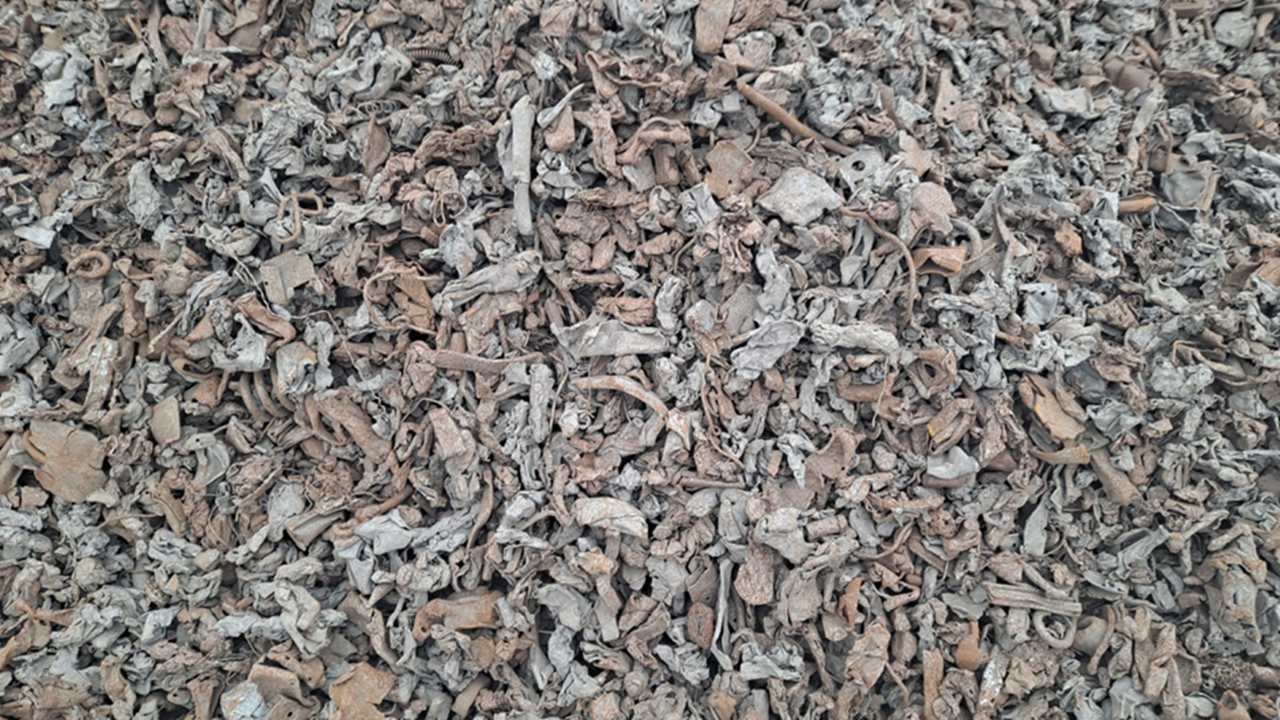
- RECTIFI paves way for "radical shift" towards net-zero for UK's carbon-intensive foundation industries
- The partners are investing over £10 million to create an innovative new supply chain for high-grade recycled steel and sustainable alternative raw materials for cement production
- RECTIFI is supported by £3.4million of grant funding from UK Research and Innovation as part of the Transforming Foundation Industries Challenge
RECTIFI – a ground-breaking project that brings together the steel, cement and recycling industries – promises to avoid almost 5 million tonnes of CO2 equivalent from entering the earth’s atmosphere a year, the partners have announced today.
EMR, a world-leading metal and plastics recycler – in partnership with steelmaker Tata Steel UK, cement manufacturer Aggregate Industries and specialist mineral processing firm Darlow Lloyd & Sons – will explore how the use of recycled materials sourced from the ‘urban mine’ can create a radical shift for the UK’s foundation industries on the path for net-zero.
The companies will build a brand-new circular supply chain, developing high-quality grades of recycled steel for the production of low carbon impact ‘green steel’. They will also develop sustainable mineral-rich alternatives for the production of cement, utilising materials such as glass, concrete and other mineral fractions that are separated during the steel recycling process.
Also involved in RECTIFI (which stands for ‘Reducing Embedded Carbon Through Transformation In Foundation Industries’), is Swansea University. They will help the partners to develop rigorous and objective material specifications for the new recycled material grades and provide independently verified, fully transparent bulk materials analysis for those materials, together with life-cycle assessment of the emissions saved during the project.
The steel and cement industries are together responsible for almost a fifth of global carbon emissions (11%* and 7%**, respectively).
At present the UK consumes approximately 12 million tonnes of semi-finished steel and generates around 11 million tonnes of recycled steel per year.
Currently 80 percent of this recycled material is exported, with millions of tonnes of virgin iron ore imported in its place. This is because the percentage of recycled metal that major UK steelmakers like Tata Steel UK can add is limited, both by their process technology and by the high purity of the recycled metal that they require to make their high specification finished products. Recycled material offers 85% lower embedded carbon when compared with nature-depleting virgin alternatives.
EMR has conducted preliminary trials with Tata Steel UK which demonstrate how new grades of recycled steel can be delivered with the chemistry performance required for high-quality low carbon steelmaking, lowering the demand for virgin iron ore.
Meanwhile, EMR and Darlow Lloyd will develop new mineral-rich products produced during the metal recycling and steelmaking processes which can then be used by Aggregate Industries in the production of cement.
EMR will invest in new separation facilities for both recycled steel and recycled minerals. It will also coordinate the project overall, including disseminating the results to inform Government and other businesses in the UK cement and steel supply chain about the project’s achievements. Tata Steel will invest in upgrades to its steelmaking facilities at Port Talbot to accept higher recycled steel inputs.
Swansea University will invest in an advanced characterisation facility for recycled steel and recovered minerals.
Roger Morton, Director of Technology and Innovation at EMR, said:
“EMR has a track record of innovating in new technology, processes and research to ensure our business – and our customers – continue to take a leadership role on the path to net-zero. RECTIFI is the culmination of much of this work and highlights how the solution to two of the biggest challenges facing the UK – how to decarbonise the steel and cement industries – is now within reach.
“I’m incredibly proud that EMR and our partners at Tata Steel UK, Aggregate Industries, Darlow Lloyd and Swansea University are taking the lead on this journey for the UK. With our team of recycling experts and multi-million-pound support from Innovate UK, we have the opportunity to make a truly historic step away from the heavy-emitting production methods of the past and create foundational industries ready for the next generation.”